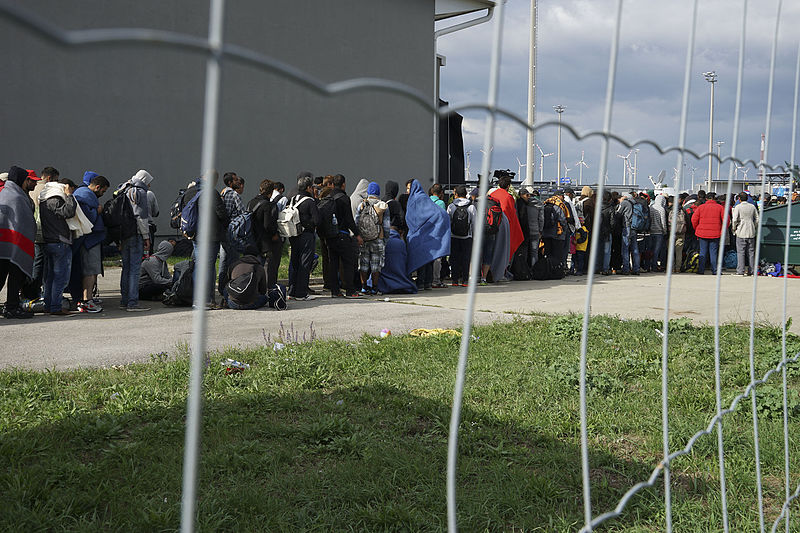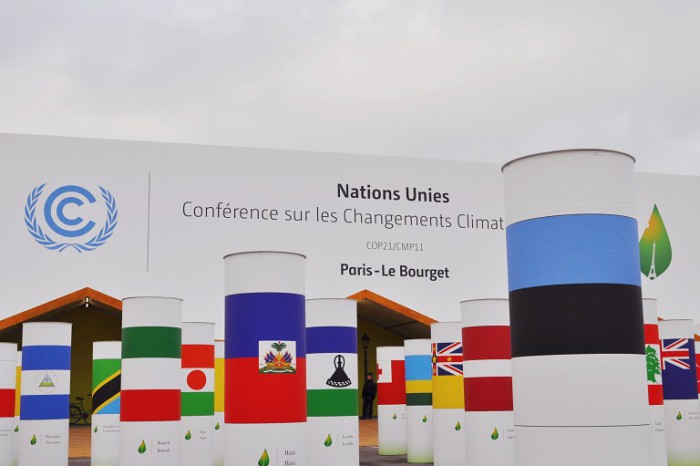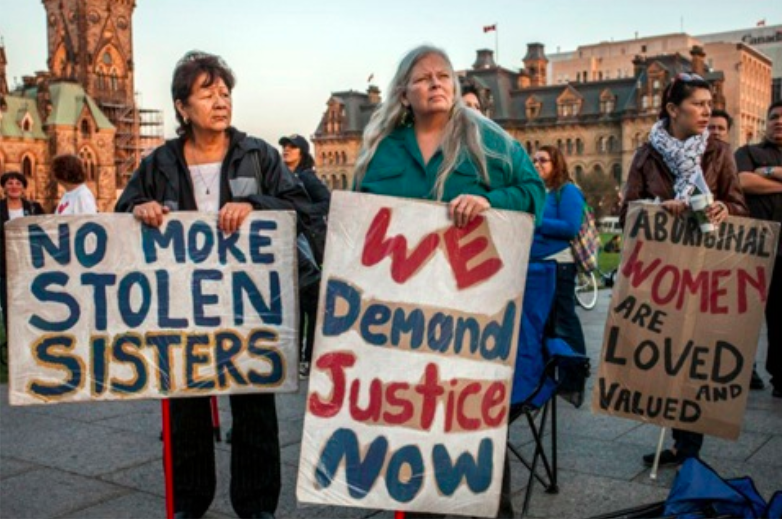As the migrant crises escalate, and thousands of refugees continue to cross into Europe, Western nations are faced with a new problem; family reunification. In many instances, refugees cannot migrate as a family unit and are separated in the asylum process for a variety of financial and legal reasons. Unfortunately, there are few programs available in the EU that have the infrastructure to support family reunification and as a result, thousands of migrants have been left in a vulnerable position.
According to the UNHCR, the reunification of refugee families is an essential step in the resettlement process. Families play an integral role in an individual’s social development and in facilitating social empowerment among youth. For migrants, families also play an essential role in economic integration. The American Immigration Council argues that familial connections can enable the development of strong and economically independent immigrant communities.
As European countries continue to struggle with the mass-movement of people, many governments have begun to limit family reunification to regulate their population growth. This has had an unfortunate side effect, as more and more refugees are seeking asylum as individuals, being forced to leave loved ones behind.
In early 2016, Denmark introduced legislation that increased the wait times for family sponsorship and reunification from one to three years. The government has been criticized for its efforts to deter migration and refugee resettlement, but no revisions to the policy have been made. Finland has also introduced strict new measures around family reunification. Refugees who seek reunification must now demonstrate a minimum income level and proficiency in the Finnish language. These requirements are detrimental to the reunification process and neglect family members still living in the midst of escalating conflicts.
In Canada the approach to family reunification is noticeably different. In light of the influx of refugees, the Canadian government has pledged to increase its focus on family reunification in 2016. Ottawa is considering modifications to the immigration system that will renegotiate the maximum age for dependants and the wait times for spousal sponsorship. John McCallum, the Minister of Immigration, Refugees and Citizenship, has endorsed family reunification, saying that it increases the ability for refugee families to contribute to their new communities.
Family reunification needs to be taken especially seriously in the context of children. In situations of war, the number of children separated from their families, either during intercontinental journeys or through asylum processes is remarkably high. In early 2016, approximately 26,000 unaccompanied children were reported in Sweden, and 30,000 were documented in Germany. According to UNICEF, these figures are extremely alarming as unaccompanied children are at a higher risk of being exposed to smugglers.
The International Organization for Migration (IOM) is a leading force in family reunification programs. In partnership with the Family Assistance Programme (FAP) for Syrians and IOM offices in Lebanon and Turkey, the organization aims to reunify 35,000 families in Germany. By matching refugees with a relative who has secured asylum in Germany, the FAP program hopes to deter unsafe methods of migration. In addition, an outreach program that provides classes and information sessions in Arabic has been established to support Syrian families in Turkey.
Despite these advances, an increased global effort needs to be made to reconnect migrant families and locate lost relatives. To accomplish this, there needs to be a higher level of cross-border coordination between governments as well as more proactive initiatives such as the IOM partnership with Germany. Beyond legislation, family reunification needs to be effectively managed on the ground through the participation of social service practitioners and community-based organizations. Family reunification is a necessary step in the integration and success of refugee communities and policies must be created accordingly.
Photo: Syrian refugees crossing the border of Hungary and Austria on their way to Germany (2015), by Mstyslav Chernov/via wikimedia. Licensed under CC BY-SA 4.0.
Disclaimer: Any views or opinions expressed in articles are solely those of the authors and do not necessarily represent the views of the NATO Association of Canada.




